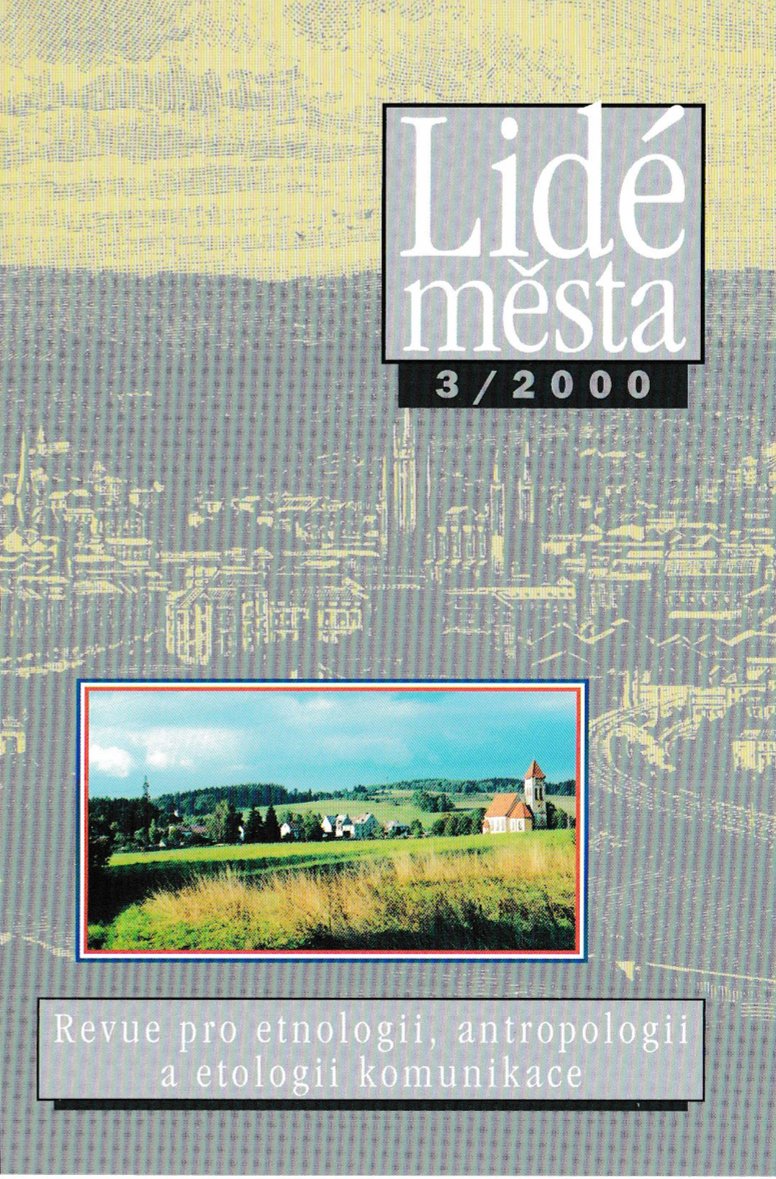Miesto sociokultúrnej skupiny v urbánnom prostredí
(Železničiari vo Zvolene)
DOI:
https://doi.org/10.14712/12128112.4044Abstrakt
The way of life and the nature of culture in Zvolen was determined at the close of the 19th century by a diverse number of distinctive ethnic, religious, social and professional groups. Starting the 1870s the life in the town was increasingly influenced by railwaymen. The presented paper deals with the position of this professional group and its importance in the development of Zvolen's cultural activities between 1872 and 1938. The employees of Zvolen railways were ethnically differentiated. Under the Austro-Hungarian Empire the whole management and all senior posts were occupied by Hungarians. Slovaks mostly held the posts of craftsmen and workers. Many of them were farming factory-workers, originating in Zvolen and surrounding villages who farmed their own land. At the time of Czechoslovakia the number of railwaymen in Zvolen increased thanks to the construction of new railway networks. Qualified Czech experts came to the town. Relations between Slovaks and Czechs were friendly. Conflicts were quite exceptional. Given their firm position in the social and economic sphere, their social benefits and cultural activities, railwaymen as a professional group enjoyed high social prestige in Zvolen's urban society. They created a significant, internally heterogeneous social group. Depending on their position, they created Acastes. Everyone was aware of his social status. Clearly defined internal rules of behavior (hierarchy of respect, clothes, places of meeting, cultural activities, intergenerational cultural exchange, etc) were observed not only at work, but also outside it. Nevertheless, outwardly they assumed a unified position. The solidarity was reflected in their own association life (engine drivers associationB1903, foodstuff cooperativeB1907, association of railway firemenB1921, construction cooperativeB1922, music associationB1930). However, this had also an impact on the town's social life (organizers of parties, trips, sports events, participants in various types of entertainment, social activities, work with close groups from similar social environment, organization of parties of the town's middle class). With their contacts, which crossed the bounds of the town, the railwaymen mediated cultural information to the urban society and were bearers of new cultural trends.
Stahování
Publikováno
Jak citovat
Číslo
Sekce
Licence

Tato práce je licencována pod Mezinárodní licencí Creative Commons Attribution-NonCommercial-NoDerivatives 4.0.


